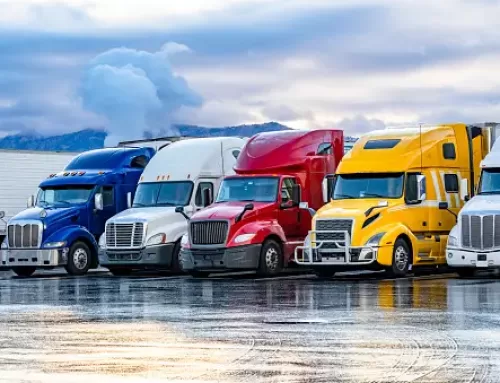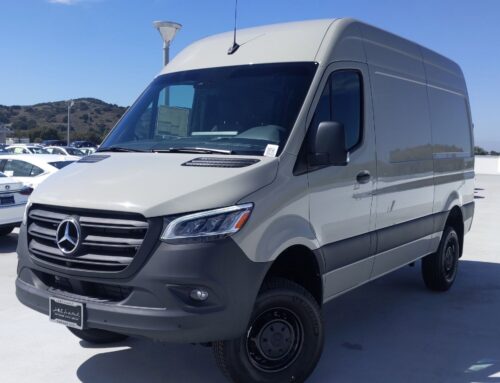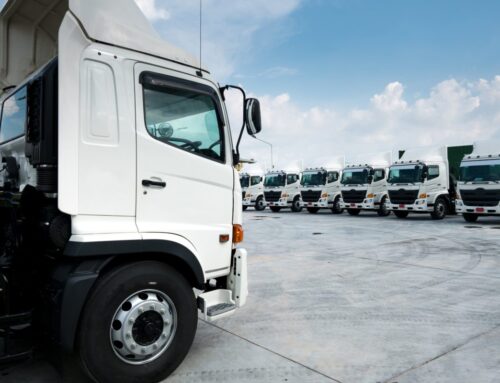Commercial auto insurance is a type of insurance policy designed to cover vehicles that are used for business purposes. This coverage is essential for businesses that use vehicles as part of their operations, such as delivery trucks, company cars, or vehicles used for transporting goods and employees.
Here are some key features of commercial auto insurance:
Liability Coverage: This is the core component of any auto insurance policy. It covers bodily injury or property damage for which the business is legally responsible. In the event of an accident, this coverage helps pay for medical expenses, legal fees, and damages.
Combined single limit (CSL) – Liability policies typically offer separate limits that apply to bodily injury claims for property damage. A combined single limits policy has the same dollar amount of coverage per covered occurrence whether bodily injury or property damage, one person or several.
Collision Coverage: This coverage pays for the damage to the insured vehicle resulting from a collision with another vehicle or object, regardless of fault.
Comprehensive Coverage: This covers non-collision events such as theft, vandalism, fire, or natural disasters. It provides protection for a range of incidents that can cause damage to the insured vehicle.
Medical Payments Coverage or Personal Injury Protection (PIP): This coverage helps pay for medical expenses for the driver and passengers in the insured vehicle, regardless of who is at fault.
Uninsured/Underinsured Motorist Coverage: In the event of an accident with a driver who either doesn’t have insurance or has insufficient coverage, this coverage helps cover the costs.
Hired and Non-Owned Auto Coverage: This coverage extends liability protection to vehicles that the business rents or hires, as well as employees’ personal vehicles used for business purposes.
Loading and Unloading Liability: This provides coverage for injuries or property damage that may occur during the loading or unloading of goods.
The cost of commercial auto insurance varies depending on factors such as the type of business, the vehicles used, the driving records of employees, and the coverage limits selected. It’s essential for businesses to carefully assess their needs and work with an insurance provider to tailor a policy that provides adequate coverage.
It’s important to note that personal auto insurance policies typically exclude coverage for vehicles used for business purposes, so a separate commercial auto insurance policy is necessary to ensure proper protection for business-related activities involving vehicles.





Leave A Comment